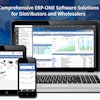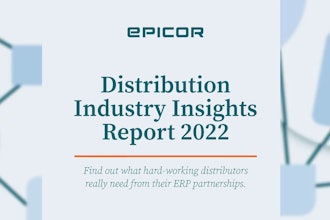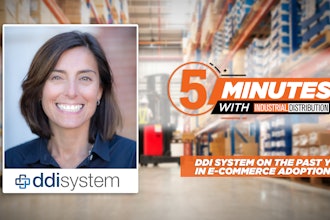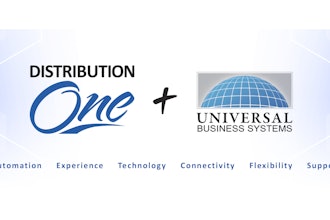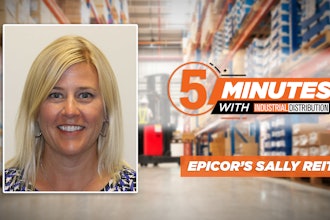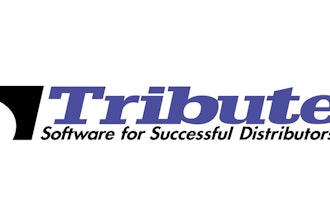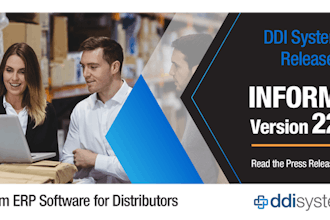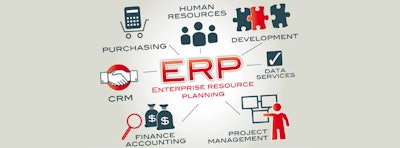
No two companies are alike, and their ERP systems shouldn't be either. Manufacturing and distribution, in particular, have unique, and uniquely complex, processes and workflows that require functionality a vanilla ERP application can't provide. These types of companies require an ERP application that's designed for their industry, with industry-specific workflows, forms and data formats, in addition to user-friendly tools for customization. While many ERP vendors suggest that it's best to conform to the ERP application's practices, in fact, the ERP software should be adaptable to the customer.
Manufacturing and distribution are industries with hundreds of unique processes, from customer service to production and warehouse management. Manufacturing itself encompasses dozens of more specialized verticals, all with different requirements throughout their operations, noted Jeff Carr, managing partner for Ultra Consultants, who presented the webinar “ERP Cloud Transformations." For example, industrial manufacturers and distributors have complex supply chains that require huge capital investments in equipment that must perform flawlessly. The auto industry has safety and quality control processes while aerospace companies have to focus on meeting military specifications for design and production. Consumer goods manufacturers need to collaborate on forecasts and big-box store sales while food manufacturers and distributors require lot tracking capabilities to provide detailed information on inventory, shipments, and expiration dates to help ensure FDA compliance and efficiently run operations in case of a recall.
How does a manufacturer identify an ERP vendor who can successfully meet all of its complex requirements? There are several characteristics to look for:
The vendor's customer list. Does it already have customers in that industry, and do they say good things about the software? It's easy for a business to claim vertical industry experience on a “nice-looking” website, but do they have actual reference customers to prove it?
Is the vendor recognized as a leader in the industry? Leading vendors in an industry inevitably get covered in the trade media, invited to speak at conferences and asked to sponsor trade shows. Its executives may have bylined articles and blog posts on industry topics. Also look at analyst reports. Do they rank the vendor in specific vertical industries?
Is it cloud-based? Serious customization work on an on-premise, legacy ERP platform is often painfully difficult and time consuming. Such ERP applications weren't built for a web-based world or to be intensely customized, meaning that it may take months of work and a large financial outlay for consultants. ERP applications built for the cloud, however, have the open web standards and visual tools to make customization easier.
Does it have a thriving partner community? Cloud-based ERP vendors show their interest in a vertical industry by fostering third-party development communities to attract a large mix of useful add-on applications, widgets, templates, workflow tools and integrations to extend the core functionality. They'll also aggressively encourage that community with lots of training opportunities, joint marketing efforts, educational materials and other types of support.
Tim Blair White, Consulting CIO at L.N. Curtis & sons, noted in his blog, "If an ERP vendor is embracing the cloud with plenty of integrations and lots of third party developers creating solutions, that creates a market for quickly bringing online best-of-breed solutions or integrating with other systems."
Having a large marketplace of third-party applications to extend and modify the ERP application, he wrote, "is like hooking up hyper drives" to your existing ERP.
Conversely, the opposite of that — an inflexible, non-extensible ERP application that forces the company to follow a set of vendor-selected processes with minimal customization options — will be a constant drain on IT resources. If the ERP system is not easily and quickly customizable, noted White, it will become the "oxen yoke around the company's neck; ever restricting business expansion and its ability to quickly respond to market demands."
Ranga Bodla is the Wholesale Distribution Industry Lead at NetSuite.



